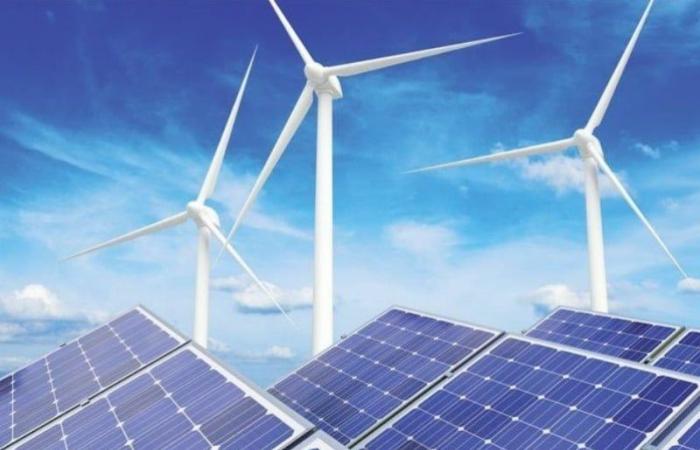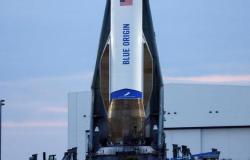By transforming its agricultural and industrial sectors using renewable energies, Morocco is positioning itself as a regional leader in the energy transition, with ambitious objectives and innovative projects by 2030.
Morocco continues its commitment to the energy transition, by developing the most advanced green ecosystem in the region. According to a recent study by the Middle East Institute (MEI), the Kingdom is transforming its energy landscape by relying on renewable energies to meet the needs of its strategic sectors. This shift towards sustainability also strengthens its economic competitiveness, particularly through the agricultural and industrial industries.
An integrated model linking agriculture and green industry
Morocco takes an integrated approach, where renewable energy supports essential sectors like agriculture and industry. According to the MEI, about 89% of the country’s water resources are used for agriculture. Green energy projects, such as water desalination and the production of green ammonia fertilizer, play a crucial role in ensuring the sustainability of this sector, which represents 21% of Moroccan exports.
The OCP illustrates this transition well. Holding 73% of the world’s phosphate reserves, the Group plans to gradually replace its conventional ammonia-based inputs with locally produced green ammonia. This is part of a carbon neutrality strategy by 2040, supported by the construction of dedicated energy infrastructure. Furthermore, OCP aims to export between 1 and 3 million tonnes of green ammonia each year, thus consolidating its role on international markets.
At the same time, Morocco is developing its electric vehicle (EV) and associated battery industry. Renewable energy supports innovative projects related to phosphate and phosphoric acid for the manufacture of lithium iron phosphate (LFP) batteries. Battery recycling, already underway, is also based on green energy sources, thus strengthening the country’s autonomy in this strategic area.
The green metals industry constitutes another pillar of the Moroccan energy ecosystem. In 2022, the country produced its first shipment of green steel from recycled materials and renewable energy. In 2024, an aluminum waste recovery plant was created, paving the way for possible green aluminum production. These metals are intended for various sectors, notably automotive and aeronautics, where components and bodies will benefit from these technological advances.
Finally, the MEI study highlights the central role of these innovations in positioning Morocco as a key player in renewable energy supply chains on a global scale.






